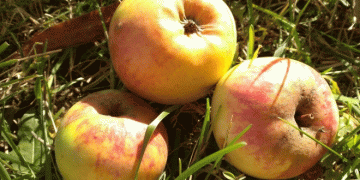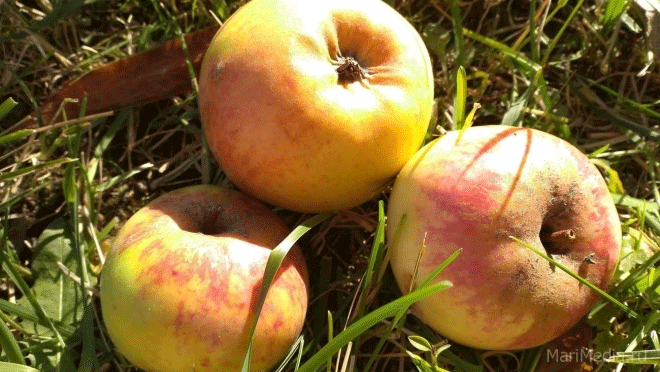The Ministry of Agriculture of the Republic of Mari El has recently concluded a competitive selection process for grants aimed at strengthening the material and technical base of agricultural consumer cooperatives. Out of four applications submitted, three came from newly established cooperatives, with two ultimately securing funding. These winning cooperatives plan to allocate the grants toward building storage facilities, processing and packaging potatoes and vegetables, and—most notably—establishing deep processing lines for apples.
The Growing Importance of Fruit Processing
Apple processing is gaining traction globally as a means to reduce post-harvest losses, extend shelf life, and create higher-value products such as juices, purees, dried fruits, and cider. According to the Food and Agriculture Organization (FAO, 2023), nearly 30% of fruits and vegetables are lost before reaching consumers due to inadequate storage and processing infrastructure. By investing in deep processing, Mari El’s farmers can tap into a lucrative market while minimizing waste.
Market Trends and Opportunities
The global processed fruit market is projected to grow at a CAGR of 4.5% from 2023 to 2030 (Grand View Research, 2023), driven by rising demand for convenience foods and natural ingredients. In Russia, the domestic juice market alone was valued at $2.1 billion in 2022 (Statista, 2023), signaling strong potential for processed apple products.
Additionally, small-scale processing can enhance farmers’ incomes significantly. A World Bank report (2022) highlights that value-added processing can increase farmers’ revenues by 20-50%, depending on the product and market access.
Government Support and Sustainability
Government grants, like those in Mari El, play a crucial role in enabling smallholders to adopt advanced processing technologies. Similar initiatives in Poland and the Netherlands have demonstrated that cooperative-based processing models improve economies of scale and market competitiveness (European Commission, 2023).
The move toward deep apple processing in Mari El represents a strategic shift from traditional farming to value-added agribusiness. By leveraging grants, adopting modern technologies, and aligning with market trends, local farmers can boost profitability, reduce food waste, and contribute to a more sustainable agricultural sector.































